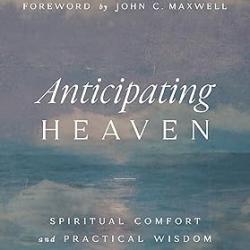This post is part of a series walking through the second volume of Abraham Kuyper’s Common Grace
There is always something “unholy” attached to affliction–we simply fail to see this at times because we are part of a fallen world. But we also fail to see it as believers
“Because suffering is so often a means to the sanctification of our inner life and so often stirs the prodigal son to go back to his father again, people have even sought in suffering in part something excellent, something precious, something to which we even must ascribe an almost holy character. In this way, reality has been turned into its opposite. Suffering has become something that we should not evade and loathe but something that seems almost desirable and attractive.” (552)
We forget that unfallen man would never have cried from sorrow; and in our forgetfulness our feelings have shaped our theology in inappropriate ways. This further leads people to intentionally pursue suffering, embracing Christ’s suffering on the cross as beautiful in itself, rather than as bearing the curse. Scripture clearly teaches the opposite.
But what is “the curse”? It is not just suffering, it is “an unholy atmosphere” that “envelopes that entire earthly realm.” (553-554) This prevents thriving–“thriving” which is what we really (should) mean when we pray for “God’s blessing”–rather than worldly success, we seek holiness. The Old Testament law of “Levitical purity” was to be an ongoing reminder of this truth.
Nor should we limit the curse to extraordinary suffering, while seeing the rest of life as good. The curse works through everything outside of “the kingdom of glory.” (555)
All suffering is therefore tied to sin and unholiness. There was none of this in God’s original creation. Only when sin entered and the curse fell did suffering arise–all of it. This is what “Jesus bore… for us beginning with his incarnation.” (557) In the transfiguration of Jesus we see him temporarily setting aside the “unholy pressure of the curse that restricts our human life,” (557-558) only to grow again as he neared Jerusalem. We are therefore to understand and to battle suffering as part of the curse–as something unholy.
Dr. Coyle Neal is co-host of the City of Man Podcast and an Associate Professor of Political Science at Southwest Baptist University in Bolivar, MO













